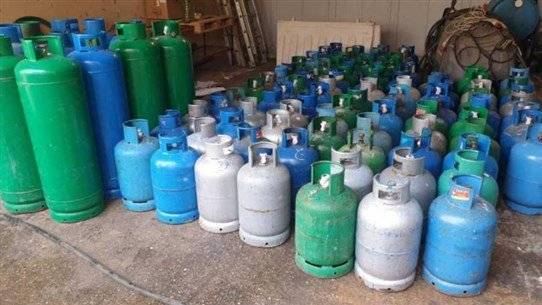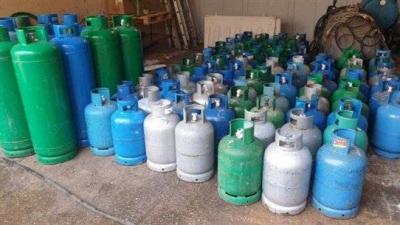The repercussions of the Russian military operation in Ukraine have not been limited to the two countries, but have adversely affected the global economy, particularly the European economy, especially in terms of securing essential goods and materials. The food supply chain has been disrupted, and fuel supplies, including gas, have been hindered, as Russia seeks to pressure Europe through this issue, particularly since European countries are approaching winter, which necessitates higher gas consumption for heating. In response, EU countries are taking emergency measures to prevent a severe gas crisis.
Since Lebanon is often impacted by global developments and conflicts, will it be affected by the gas crisis and suffer from a shortage of the material, especially since there are no officials working on proactive plans to avoid crises or at least mitigate their severity? Surprisingly, it seems that the country will bypass the global gas crisis, as explained by Fred Zeinoun, the head of the workers and distributors in the gas sector, to "Al-Markazia." He stated that "Lebanon consumes LPG because the demand is for household and industrial gas, namely propane and butane, and not the type used for electricity generation. We need only 250,000 tons annually to cover local needs, which is a quantity that can be secured in difficult conditions. Moreover, gas tankers reach Lebanon two or three days after placing the order. However, we primarily import the material from Greece, Algeria, and other countries, and we are not tied to Ukraine and Russia, unlike diesel fuel. Therefore, there is no problem in this regard, but it is challenging to obtain diesel, and there are discussions about smuggling this material, which reduces the amounts available locally. As winter approaches, demand for diesel is expected to rise for heating and to operate generators due to electricity rationing from Electricité du Liban."
Regarding internal crises, particularly pricing issues, Zeinoun points out that "distributors have faced problems for some time due to fluctuations in the dollar exchange rate in the black market. After the price schedule is issued, the dollar suddenly rises significantly, as happened last week when it increased by about 2000 Lebanese pounds, causing distributors to work for free. They cannot continue to incur losses against the high expenses necessary to ensure the continuity of the sector." He noted that "the Ministry of Energy either does not want or does not know how to reach a solution, as despite our continuous requests to hold a meeting with the union to propose possible solutions, we receive no response or answers at all," explaining that "possible options include pricing in dollars and delivery based on the black market exchange rate."




